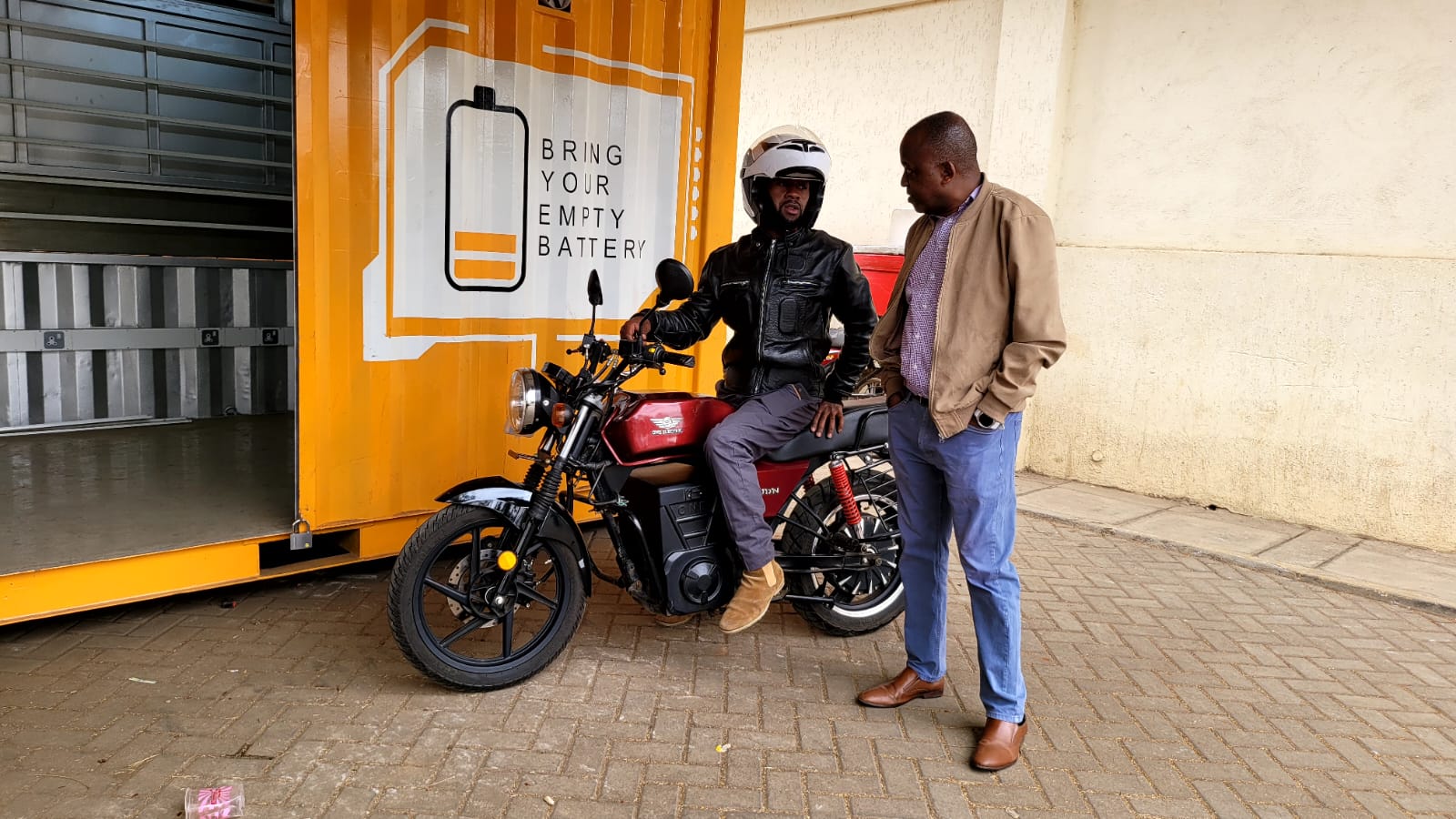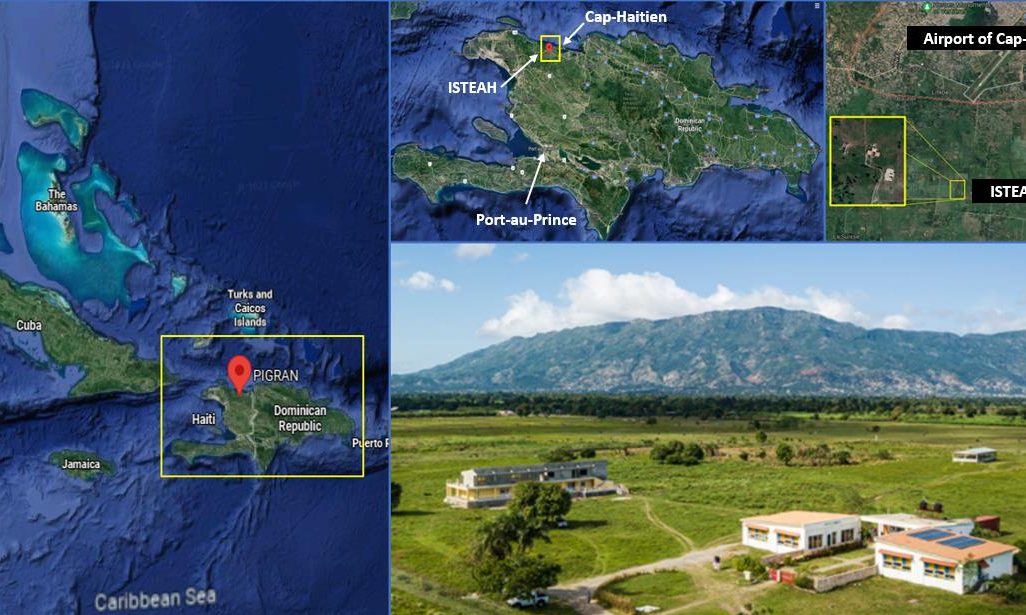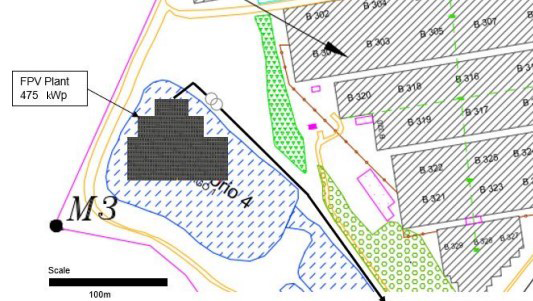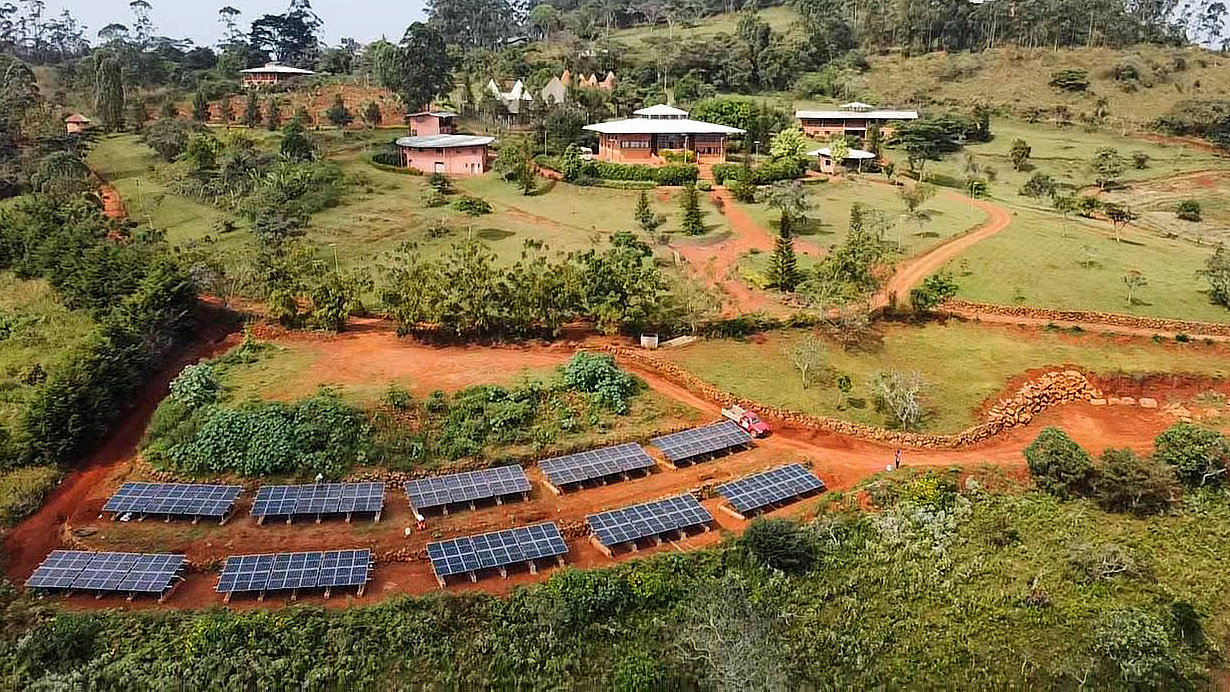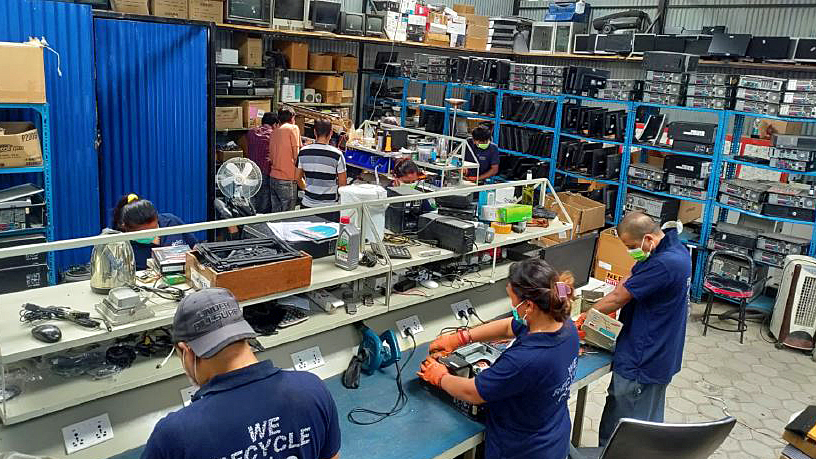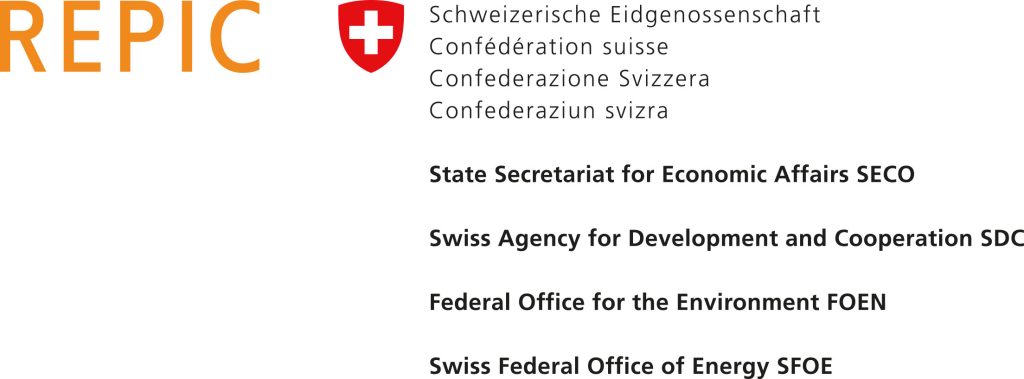
Newsletter, January 2023

Renewable Energy, Energy and Resource Efficiency Promotion
in International Cooperation
Dear Sir and Madam,
The REPIC platform efficiently ended 2022 with its yearly event addressing the question “How does commercialization succeed in growth markets?” Various successful examples as well as the lessons learnt from REPIC projects discussed during the workshops highlighted the following key aspects :
- The product addresses the needs of the local population
- Local marketing and support during the scaling up period with the suitable partners
- Processes and communication transparency
- Finding the right investor(s) at the right time
The REPIC steering group is looking forward to receiving the next innovative project proposals, promoting its three central themes “renewable energies”, “energy efficiency” and “resource efficiency” in emerging and developing countries thanks to the Swiss know-how.
Sandra Hermle
SFOE, member of the REPIC steering group
Information from the Secretariat
Next deadlines for REPIC Pilot and Rollout projects
May 3rd | July 31st | October 4th
All information regarding the application process is available here.
REPIC yearly event 2022
The REPIC yearly event took place on November 30th in Bern. Over 80 people attended the presentations and workshops addressing the learned lessons and gained experiences in commercialisation in growth markets. Save the date for our next REPIC yearly event that will take place on November 30th 2023.
Technology Fund Webinar
To know more about the Technology Fund loans possibilities, register for the Webinar Technology Fund, taking place on February 2nd, 1pm-2pm.
21st Swiss Photovoltaic Conference
The most important gathering of the Swiss solar power industry will take place in Kursaal, Bern on March 20th and 21st. In addition to the two-day congress, a product exhibition will be held by the key actors of the solar industry. A poster competition is also organised. More information available here.
Neue Projekte
Geneva-based financial advisory company VAI is leading a project aiming to promote e-mobility based on an Energy-as-a-Service model in Kenya. To test the technical and economic potential of this project, 35 thermic motorbikes belonging to a local transport company will be replaced by electric models. A detailed report of each step of the implementation process will provide valuable insight for future similar experiments.
The energetic potential of Haiti is high but remains underexploited. One way to address this issue is to increase the number of trained specialists in the field of renewable energies. To do so, the University of Applied Sciences of Southern Switzerland (SUPSI) is working with its local partner the Institute of Sciences, Technologies and Advanced Studies Haiti (ISTEAH) to open a dedicated center. A special focus will be put on photovoltaic technologies.
The objective of a Colombian flower producer is to generate local and clean electricity. With the supervision of Ongresso Energy, the company aims to install a 475 kWp Floating Photovoltaic (FPV) system on an irrigation pond. This project will promote an innovative technology that is still little known in Colombia.
The startup NaturLoop developed a manufacturing process to create building panels from coconut husks. As the second producer of coconuts in the world, the Philippines represent an interesting market to develop the recycling process of this high potential organic waste. From collection to production NaturLoop will supervise the implementation of a complete and sustainable production line in collaboration with the local farmers.
Recently finalised projects
A 61kWp photovoltaic installation is now in place and powers 14 salt batteries. This saves the equivalent of 17t-CO2 previously emitted by a diesel generator. In the frame of the project, 12 specialists were trained and 140 people are benefitting from the new technical infrastructures. Energy storage via salt batteries has attracted interest from other countries, including Niger, Togo and Burkina Faso.
The Swiss know-how transfer and trainings have greatly improved the compost production processes in the administrative region of Pérez Zeledón. The project has saved 270t CO2 per year and 50% of the compost produced could be sold. The community is now serving as a model and helping others to improve their installations. Videos and the final report of the project can be found here.
In addition to the examples presented above, you will find an account of all our past and ongoing projects on our website : Repic – Portfolio.
Anyone wishing to receive our newsletter is welcome to subscribe here: Newsletter Sign Up
If you no longer wish to receive our newsletter, you can unsubscribe from here: unsubscribe
REPIC Plateform ; c/o NET Nowak Energie & Technologie SA, Waldweg 8, CH-1717 St. Ursen
Tel : +41(0)26 494 00 30 – www.repic.ch –
